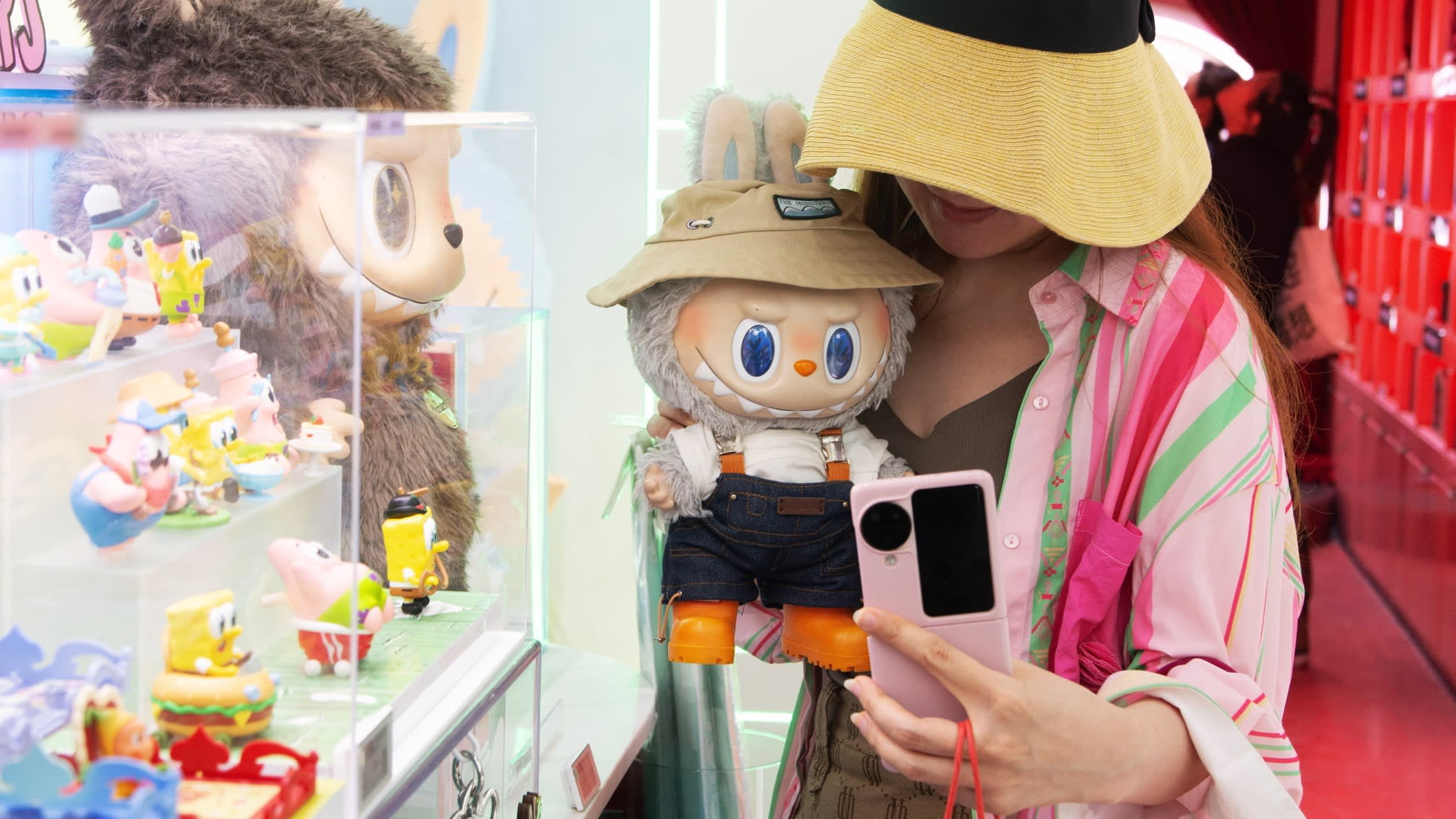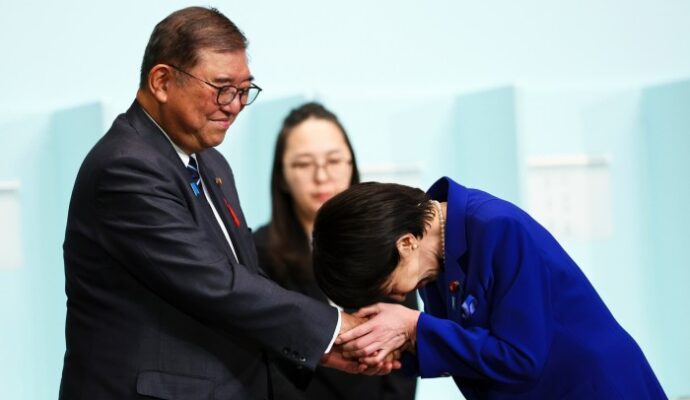
Unlock the Editor’s Digest for free
Roula Khalaf, Editor of the FT, selects her favourite stories in this weekly newsletter.
The global popularity of the furry elf doll Labubu helped Pop Mart’s sales more than triple in the first six months of the year.
The Chinese toy company’s sales jumped to Rmb13.9bn ($1.93bn), while net profit soared almost 400 per cent to Rmb4.6bn, beating the company’s own forecasts of “at least” 350 per cent given last month. Overseas sales accounted for about 40 per cent of sales.
Pop Mart has become one of the world’s most valuable toy companies — worth more than twice as much as Hasbro and Mattel combined — following the Labubu frenzy that has been embraced by celebrities including Rihanna and David Beckham.
The company’s Hong Kong-listed shares are up more than 570 per cent over the past year, making founder Wang Ning China’s 10th-richest person, according to Forbes on Tuesday.
Pop Mart’s business is focused on so-called intellectual property toys — items based on designs developed by artists.
Many of its toys are sold in a “blind box” format, whereby consumers don’t know exactly which item they have purchased until they open them. This format has helped drive repeat purchases, especially from eager collectors who want to buy complete sets of each range of toys.
While most blind boxes cost about Rmb69 in China, the recent popularity of Labubu, designed by Hong Kong designer Kasing Lung, has helped spawn a vibrant secondary market. At an auction in Beijing in June, a collector paid Rmb1.2mn including fees for a human-sized limited edition Labubu.
The better than expected results could help allay analyst concerns over the sustainability of the company’s rise. Pop Mart shares briefly dipped in June after the People’s Daily, the official mouthpiece of the Chinese Communist party, published a report warning that the blind box format could induce addictive behaviour in minors, raising fears of a crackdown.
Analysts have also warned that Pop Mart will need to market new intellectual property, in addition to Labubu, to sustain its rise. On Tuesday it said The Monsters range, which includes Labubu, generated revenues of Rmb4.8bn in the first six months. Four other toy ranges, Molly, Skullpanda, Crybaby and Dimoo, also notched more than Rmb1bn in sales.
Pop Mart increased its number of stores in the six months, bringing its global total to 571 alongside almost 2,600 “roboshops”, or vending machines. The largest number of new stores was in the US, followed by mainland China.


